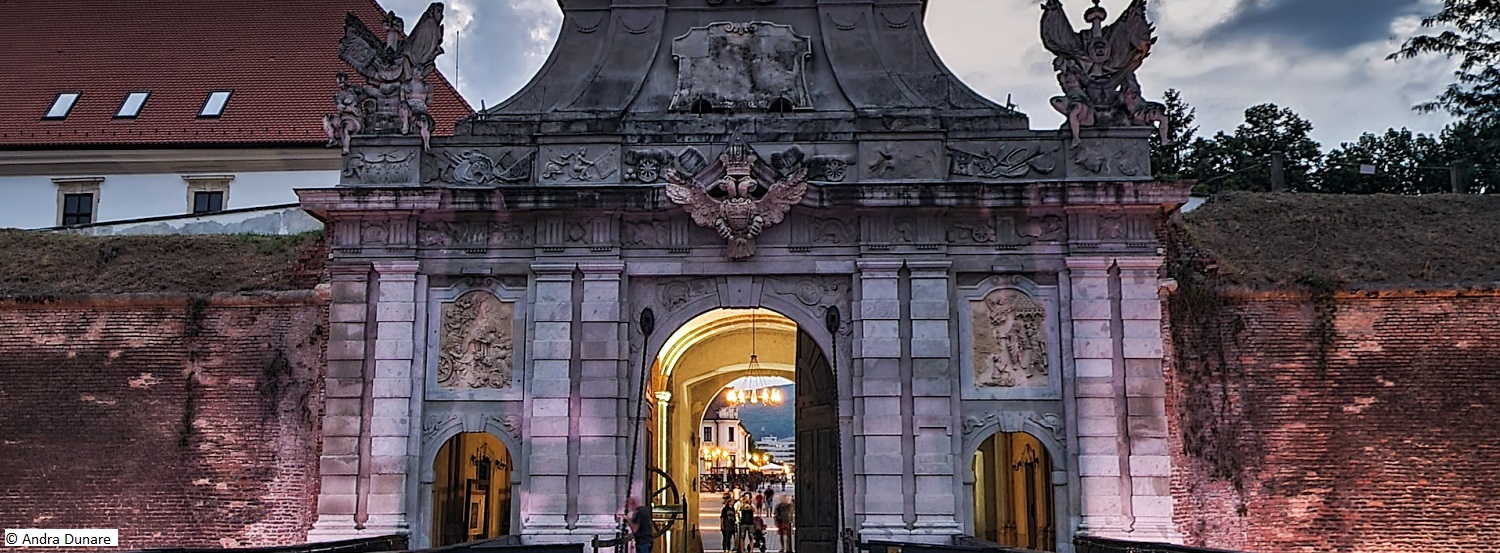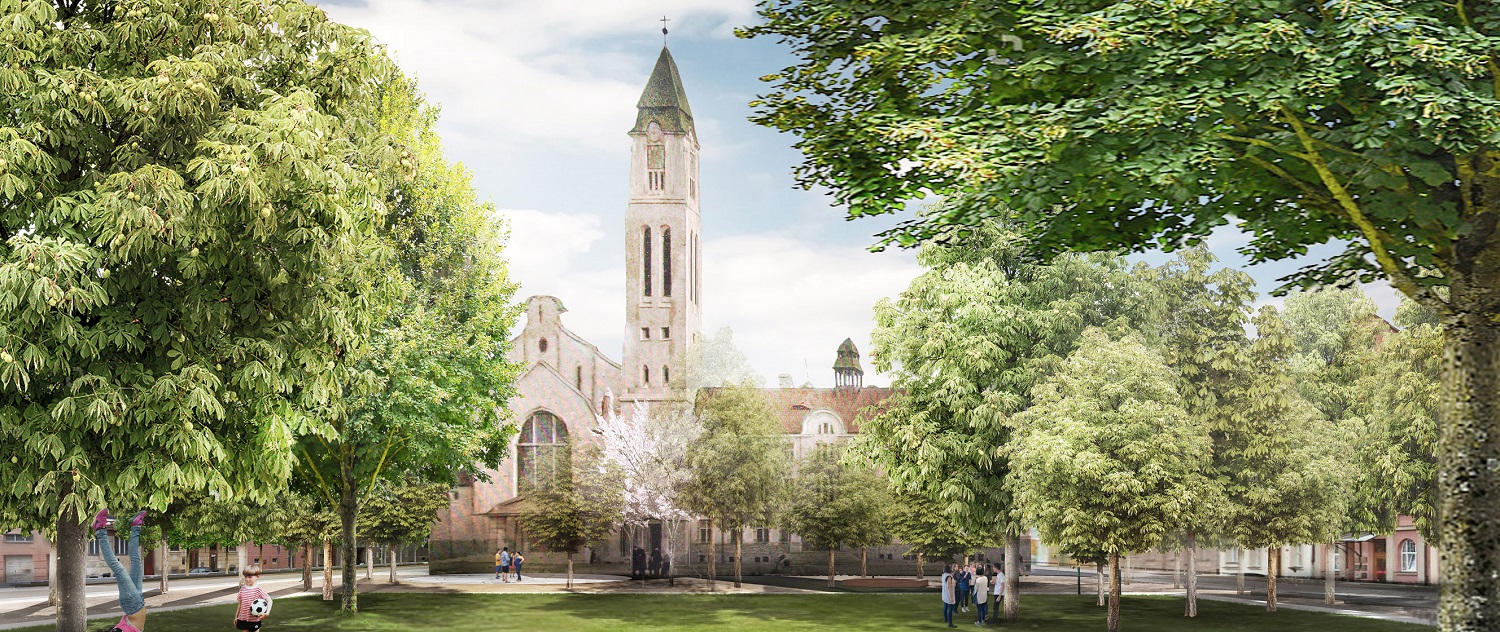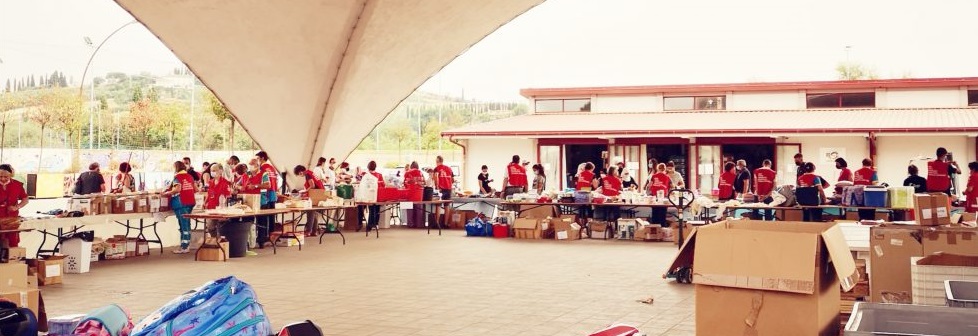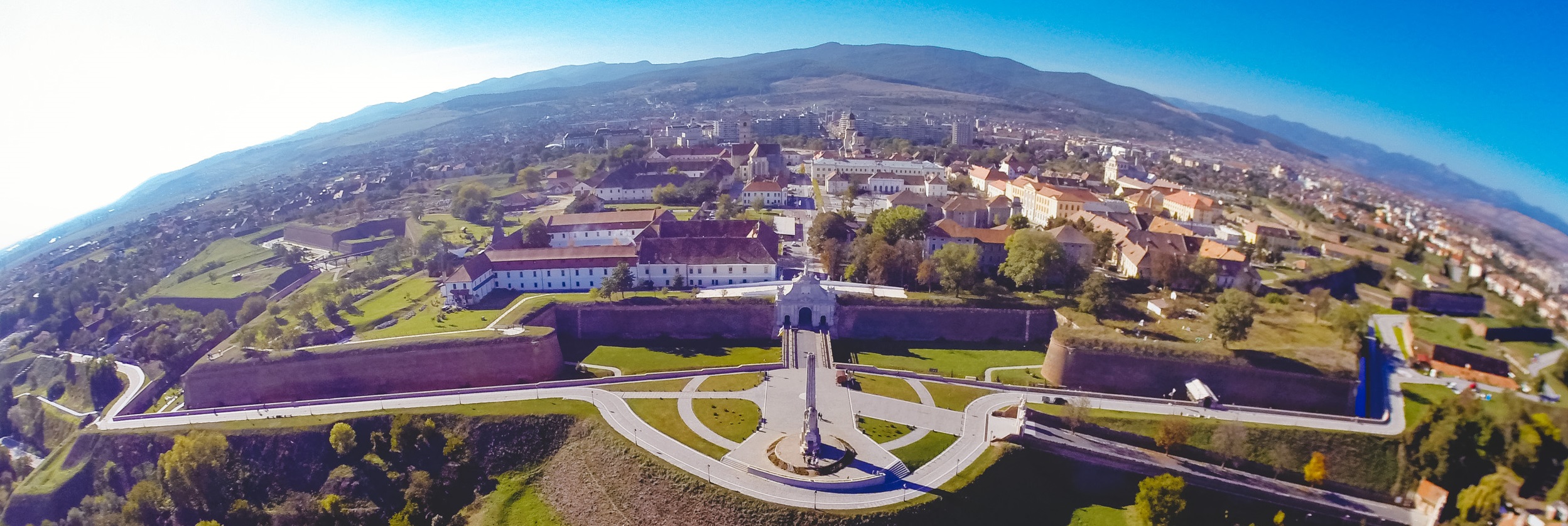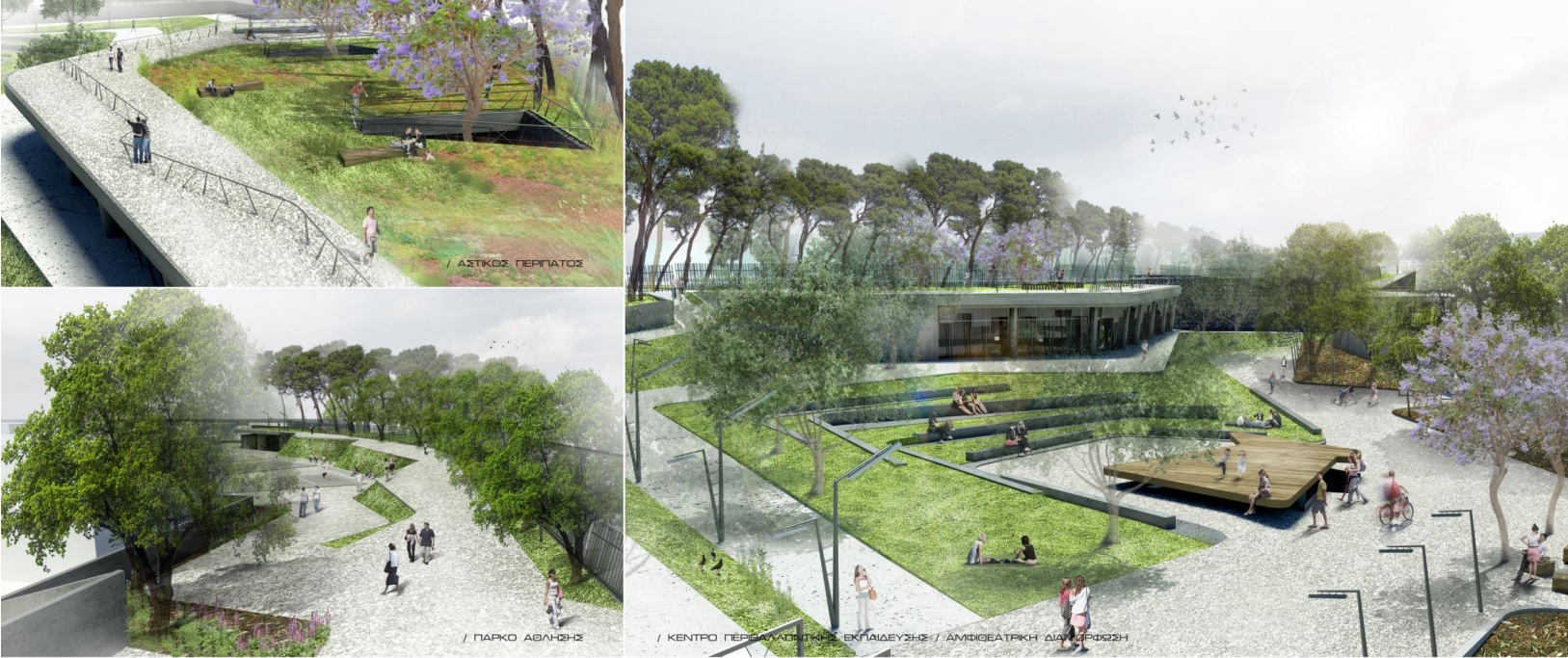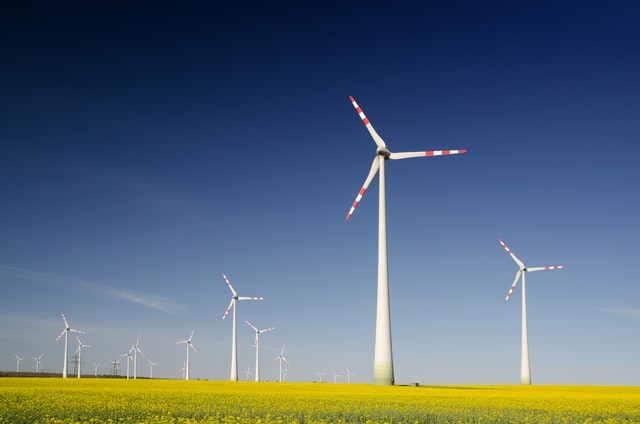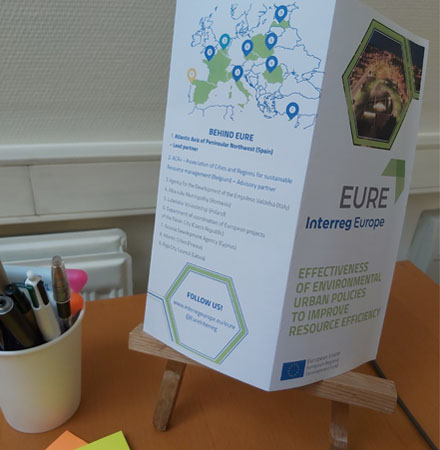Climate adaptation is a key aspect of Brittany’s strategy for the coming years. Adaptation measures cover a range of sector including agriculture, biodiversity, buildings, coastal areas, disaster risk reduction (flooding, sea level rise, storms, water scarcity), energy, financial, forestry, health, transport, urban and water management.
How is Brittany facing the climate change?
As energy resources and uses are crucial in the context of climate adaptation, Brittany is looking for new ways to produce it. Circular economy principles such as relying on the region’s wealth are implemented with marine energies and methanisation.
Brittany is willing to become a pioneer region in terms of renewable energies. Having an important marine and maritime resource, developing marine energies is at stake. In the bay of Saint-Brieuc, a 80-km2-offshore-wind-farm has been installed in 2012. The project is very controversial. Fishermen are strongly demonstrating their opposition and the potential dangers caused by the equipment. However, the park is growing. For 2023, 62 offshore wind mills producing energy for 835,000 households will be in service. Since a few years now, new methanisation units were inaugurated: Cobiogaz (2016), unit in Liffré (2015), energetic hub in Liger (2016), unit in Quimper (2017), unit in Châteaulin (2018).
The factories re-use waste from agriculture or other green waste to produce biogas which is then injected in the local gas network. Energetic consumption is to be considered and consciously used by users. To help people to reduce their energetic bills, some actions are lead and show where to cut expenses and how to use less thanks to good practices and tricks, Tinergie in Brest and Vir’Volt in Saint-Brieuc.
From the point of view of transportation, Bretons circulate a lot by car. The remoteness of the region in France and of local areas foster the use of car. Firstly, there is single public company organizing public transportation Brittany, BreizhGo. All regional trains, buses and boats are managed by BreizhGo. City buses are apart. They offer memberships depending on people’s needs, financial situation and uses to commute by train, bus. Offers are daily, weekly, monthly, occasionally, for pupils, students and workers. BreizhGo has a partnership with many city buses network to enable people to travel with a simple ticket on their KorriGo card. The region also promotes car-sharing through its local platform, Ouestgo.fr.
Brittany takes action to adapt to climate change
Climate change also comes with a rise in risks and disasters. In collaboration with other Atlantic regions, Brittany is taking part in MyCOAST project to enhance the capability of risk management systems in the Atlantic region. To do so, they are trying to improve co-operation between observational and forecasting systems and end users.
Agriculture is a major sector in Brittany’s economy. The professionals will have to adapt their methods to the upcoming changes. In 2018, in conjunction with the Yves Rocher Foundation and the ecological transition Agency (ADEME), an investigation among farmers about their tools and advice in order to adapt their practices in Redon area was conducted: CAP Climat.
Biodiversity used to be left aside. Brittany wants to put it on more centered stage. On autumn 2019, a biodiversity agency (ABB) was created in Brest with the purpose to multiply preservation and regenerative actions on Brittany’s environment.
If you missed the previous episodes of "Discovering Brittany’s challenges", take a look at:



